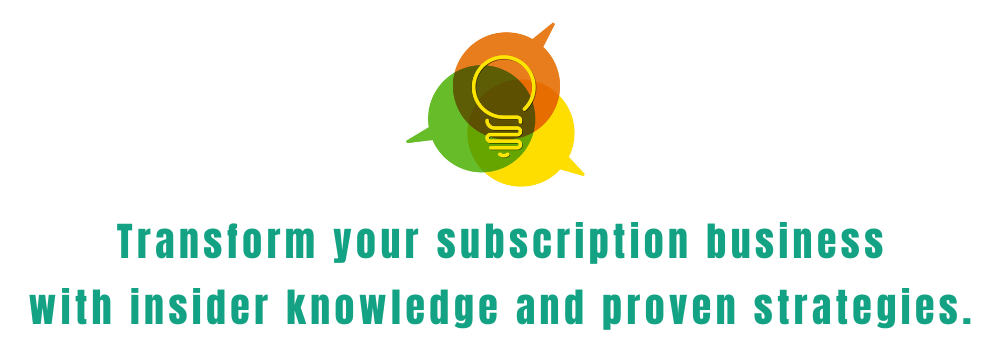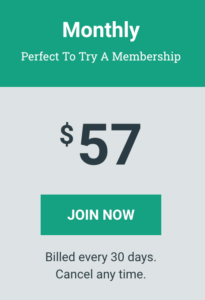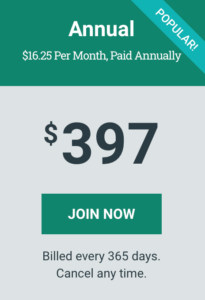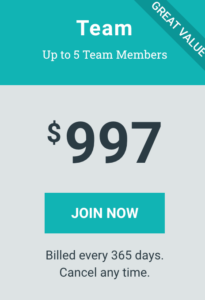
Your First Customer Service Hire
Lorem ipsum dolor sit amet, consectetur adipiscing elit. Ut elit tellus, luctus nec ullamcorper mattis, pulvinar dapibus leo.
Customer service, at its core, is ensuring that your customers are happy with your products and company so they will continue doing business with you. Seems simple, right? Yet it's becoming increasingly complex as the responsibilities of customer service change, the number of customer service channels expand and customer expectations increase. When you consider that 82% of consumers have stopped doing business with a company because of bad customer service, you begin to understand the scope of t...
HELLO!
This premium article is exclusively reserved for Subscription Insider PRO members.
Want access to premium member-only content like this article? Plus, conference discounts and other benefits? We deliver the information you need, for improved decision-making, skills, and subscription business profitability. Check out these membership options!
Learn more about Subscription Insider PRO memberships!
Already a Subscription Insider PRO Member?
Please Log-In Here!








